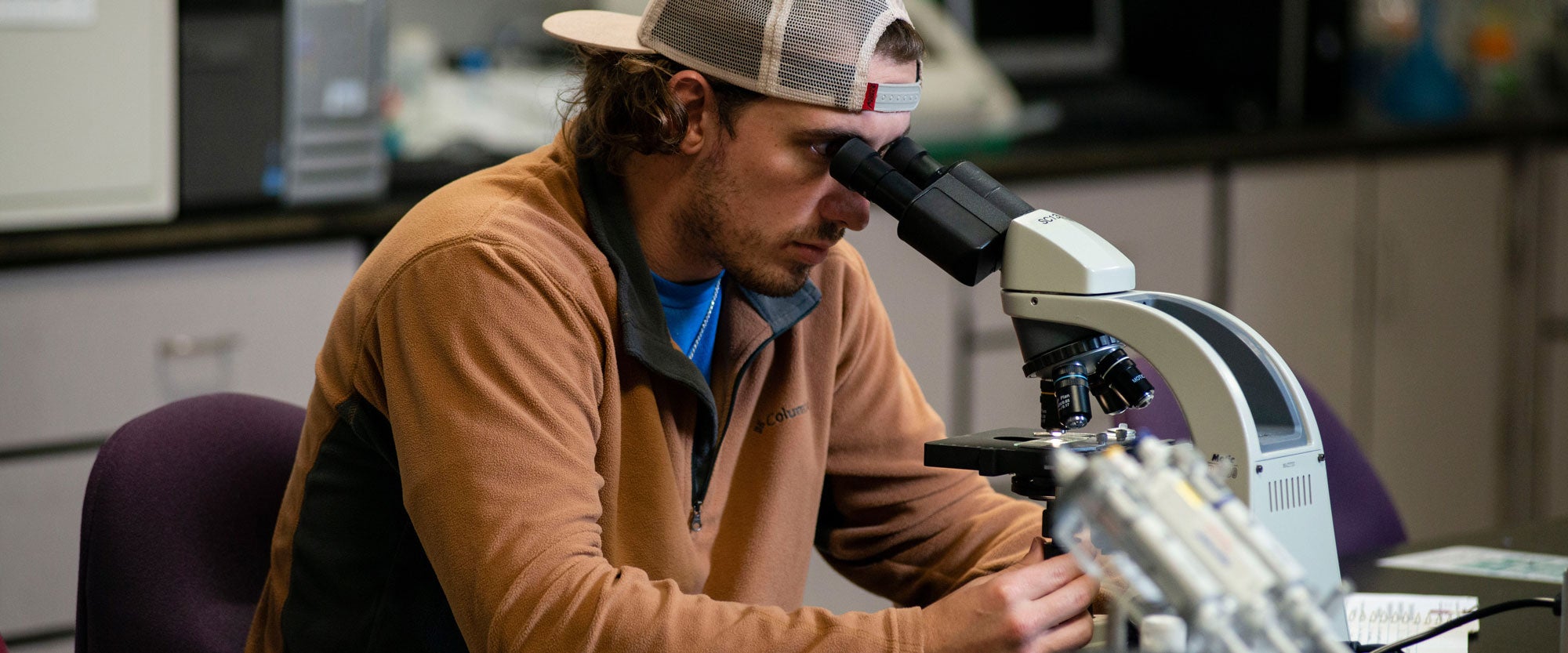Geosciences goes beyond rocks and volcanoes to the planet’s composition and humans’ relationship to it. Georgia Southern University’s Bachelor of Sciences (BS) in Geosciences immerses you in the field’s tremendous breadth of real-world applications through nearby geological sites, environmental research and study abroad opportunities.
Locations
- Statesboro Campus (In Person — Geology & Environmental Sciences, Geography)
- Armstrong Campus (In Person — Geography)
Why Major in Geosciences at Georgia Southern?
- Learn skills and get the background that will help you address some of the world’s most pressing challenges, from climate change to resource management, and gain a better understanding of today’s interconnected, globalized world.
- Love being outdoors? Your research will take you to stunning places around Georgia, the U.S. and the world.
- Participate in a six-week, hands-on field camp as part of your studies.
- Work in any of 18 laboratory facilities, both on campus and at partner institutions.
- Geoscientists get jobs: Our grads go to work for environmental consulting firms, federal and state government entities, geographic information science (GIS) firms, educational institutions and petroleum companies, among other organizations.
- 124 credit hours to completion.
As a geosciences major at Georgia Southern, you’ll explore the phenomena that shaped our planet from its earliest days, along with the forces changing it now, both physical and human-driven. That means studying earth systems, as well as coastlines, geochemistry, paleoecology, paleontology, human geography, geographic information science (GIS) and more.
And while the work you do often builds on an understanding of the past, it’s also vital to our future. Geoscientists play an important role in locating and accessing minerals, petroleum and other resources that are critical to the economy — while also protecting and preserving our environment.
Along this journey, you’ll work with nationally and internationally known faculty eager to give you the kind of research opportunities that translate into jobs following graduation.
Ready to Apply?
What Can You Do With a Bachelor’s in Geosciences?
About half of geosciences graduates pursue advanced degrees; the rest find work with government agencies, as teachers, in mining and exploration, as geospatial analysts or as environmental consultants. For all paths, the research you conduct while here gives you the analytical, problem-solving and field skills employers demand — setting you up for future success.
Where our graduates work:
- Educational institutions
- Environmental consulting firms
- Mining-exploration companies
- Government agencies
- Nonprofit organizations
What our graduates do:
- Earth science teacher
- Environmental consultant
- Urban planner
- GIS specialist
- Field geologist
- Geophysicist
- Mine geologist
What You’ll Learn
In the Geology and Environmental Sciences concentration, you’ll study calculus, chemistry, biology and physics while also taking an in-depth look at specialized geoscience topics. Required classes provide insight into mineralogy, petrology and petrography, sedimentology and stratification, and structural geology.
The Geography concentration offers the flexibility to study the human-driven and/or physical phenomena that influence our world’s diverse contemporary landscapes and places. Geography coursework focuses on how people around the globe interact with their environments, utilize resources and shape everyday places in an increasingly globalized world.
Both Geoscience concentrations foster a culture of undergraduate research. You’ll use the world around you as a classroom to complete your research. In just the area around Statesboro and Savannah, you can examine both rural and urban communities, extensive and vibrant salt marshes, Miocene sediment deposits in the Hawthorne Formation, and the limestones of the Florida aquifer system, a system that supplies drinking water for nearly 10 million people.
See the CurriculumConcentrations
Focus your degree on the aspects that interest you the most with a concentration, including one of the following:
Geology and Environmental Sciences
Take a deep dive into the structure of the planet. You’ll study topics such as earth materials, environmental and structural geology, and coastal processes.
Geography
Explore the intersections between place, culture and the environment as you learn about Geographic Information Sciences (GIS), physical, human and cultural geography.
Build Your Experience
As a geoscientist, your work will take you to some of the world’s most remarkable places — and so will Georgia Southern. Our students regularly travel across the Southeast, exploring everything from the landscapes of the Blue Ridge Mountains to the Atlantic Coast.
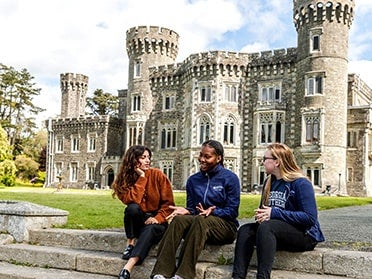
Travel Abroad
You’re seeing what makes up our planet — so it makes sense to scale its terrain and get a firsthand look at its natural wonders. In the past, the School of Earth, Environment and Sustainability has sponsored international study programs in Ecuador, British Columbia, Europe and the Caribbean.
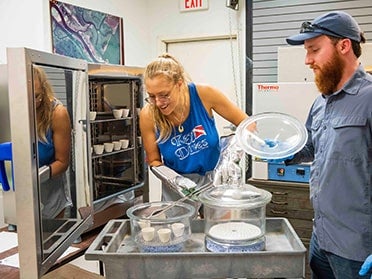
In the Lab
You’ll have access to 18 campus labs and use pro-caliber tools like LIDAR, ground-penetrating radar, drones, Geographic Information Systems and more.
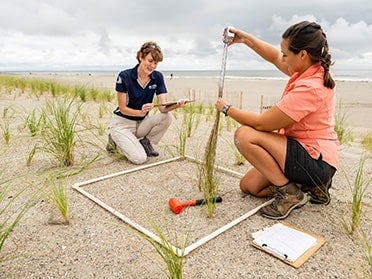
Get Involved
We encourage students to get involved in our many community-based projects throughout their studies.
Want to Learn More?
Explore essential information about our BS in Geosciences program, including application details, accreditation status, and licensing disclosures. Gain insight into the program’s credibility and requirements to help you start your journey toward success with the knowledge you need.
Follow these steps to complete the Georgia Southern application:
- Create an application account.
- Complete our online application using the PIN you received after creating your application account.
- Once complete, pay the $30 application fee or upload a valid fee waiver. Previous Georgia Southern applicants and dual enrollment students do not need to pay the fee.
- You can check your application status at My.GeorgiaSouthern.edu/admissions three days after completing your application. This page contains live information about your admission status, including a checklist of missing documents we need to make a decision.
Half of the students in Georgia Southern’s geosciences program go on to earn advanced degrees in the field. If that’s your goal, you can get a head start on a master’s in applied geography, applied physical science or environmental science through our Accelerated Bachelor’s to Master’s Pathways.
If you qualify, you’ll begin taking graduate-level coursework even before completing your bachelor’s degree. Through this route, you’ll receive both credentials in less time than if you applied to grad school separately. That saves tuition — and puts you on a fast track toward finding a job in research or preparing for a Ph.D.
All Accelerated Pathways at Georgia SouthernFederal law requires colleges and universities to make certain disclosures to prospective students of these programs. These disclosures include information on the University’s authority to operate outside of Georgia, the complaint processes, adverse actions, refunds and program closure.
Professional License/Certification Disclosure
The School of Earth, Environment and Sustainability has determined that the required classes and educational activities of this academic program will qualify a graduate of this program to take the Association of State Boards of Geology (ASBOG) Practice of Geology (Fundamentals of Geology, FG) exam. This exam is the first of two required examinations to become a licensed Geologist in 32 ASBOG member states and territories in the United States. After passing the ASBOG (FG) exam, most states, including GA, AL, NC, SC and TN, require you to complete three to seven years of work experience before sitting for the second exam, the ASBOG Practice of Geology (PG) exam. Note: Alabama requires that your educational curriculum include a Field Camp experience, which can be included as a major elective option in the Geosciences Geology Concentration at Georgia Southern.
The following states and territories do not license geologists: AS, CO, DC, GU, HI, MA, MD, MT, ND, NE, NJ, NM, OH, OK, RI, VI, VT and WV.
Georgia Southern makes every effort to ensure information about educational requirements for licensure or certification is current; however, state requirements may change. Separate from educational requirements, state licensure boards may require applicants to complete professional examinations, background checks, years of professional experience, residence requirements, jurisprudence exams, training, etc. If you are planning to pursue professional licensure or certification in a state other than Georgia, it is strongly recommended that you contact the appropriate licensing entity in that state to seek information regarding licensure or certification requirements before beginning an academic program. For more information, as well as for a list of applicable state boards, visit the Georgia Southern State Authorization and Professional Licensure page.
For All Online Programs
Federal law requires colleges and universities to make certain disclosures to prospective students of these programs. These disclosures include information on the University’s authority to operate outside of Georgia, the complaint processes, adverse actions, refunds and program closure.
For required disclosures about online programs offered by the University, visit the Georgia Southern State Authorization and Professional Licensure page.
Faculty Feature
Remote sensing lets environmental scientists keep an eye on the planet without actually visiting the places they monitor. Dr. Christine Hladik uses the latest tech to gauge coastal health while developing techniques that improve what it sees.
Learn More About Dr. Hladikâs Work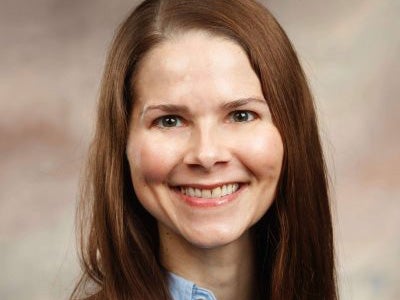
Related Programs
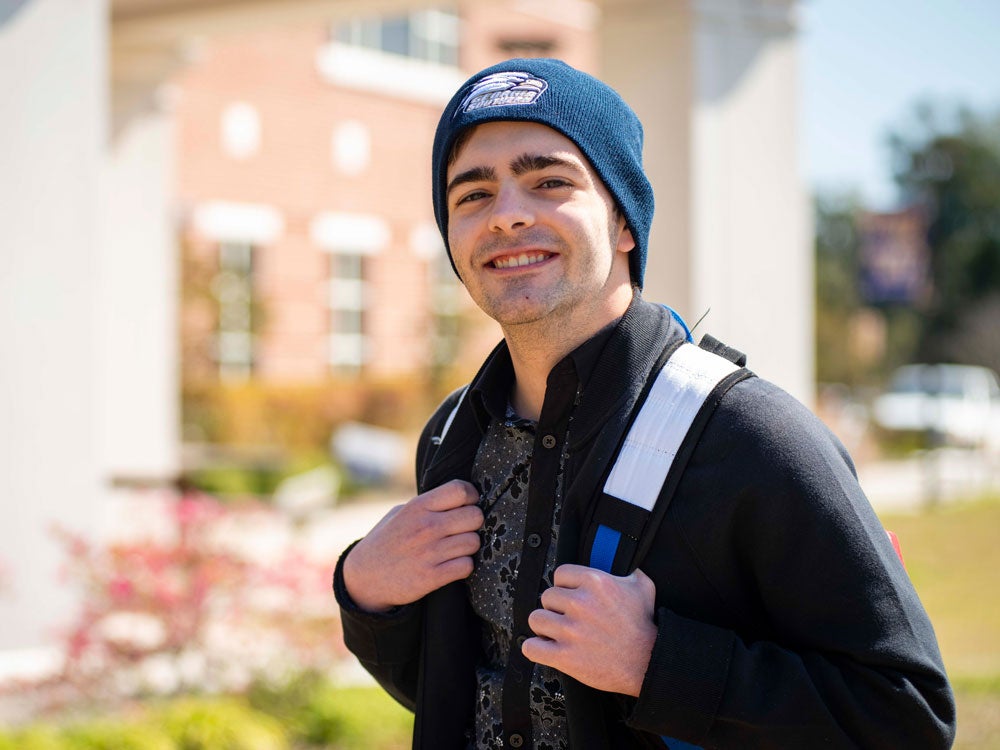
Take the Next Step
A geosciences degree helps you understand the forces that define our planet while also preparing you for careers integral to our global economy. Contact us to learn more.
Contact Us
School of Earth, Environment and Sustainability
Geosciences Program
Georgia Southern University
P.O. Box 8149
Statesboro, GA 30460
Phone: 912-478-5361
Fax: 912-478-0668sees@georgiasouthern.edu


